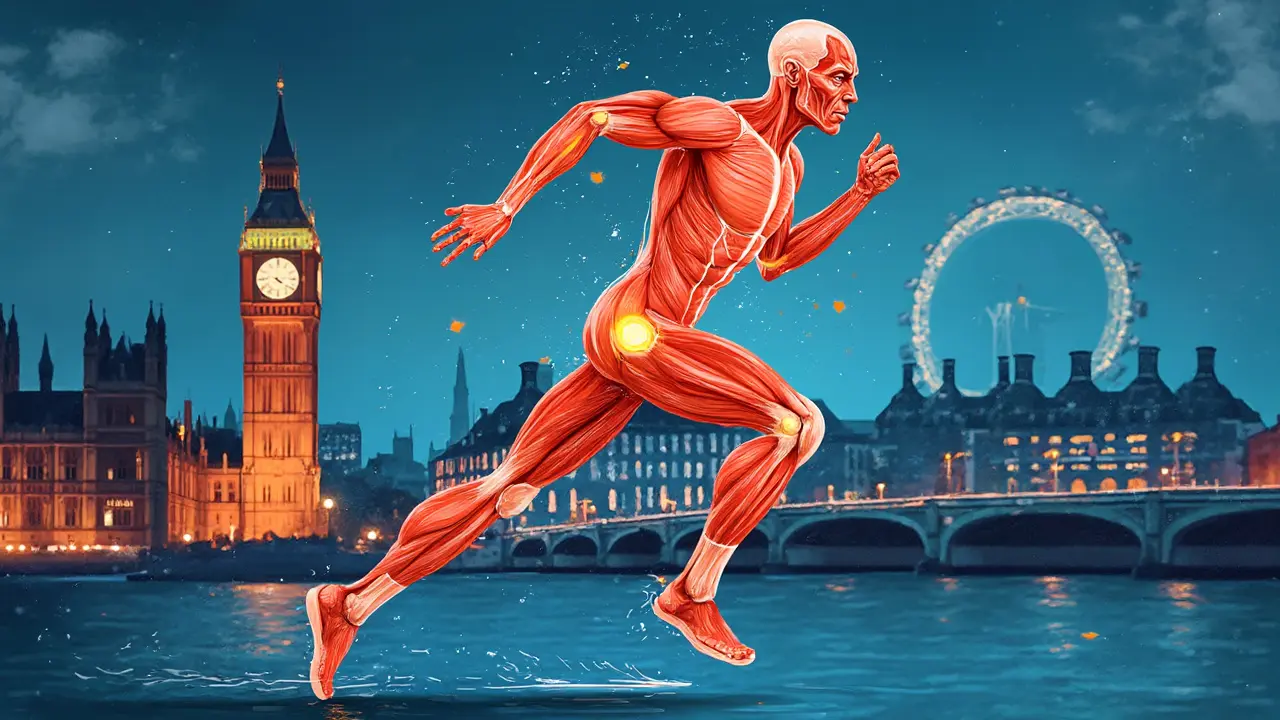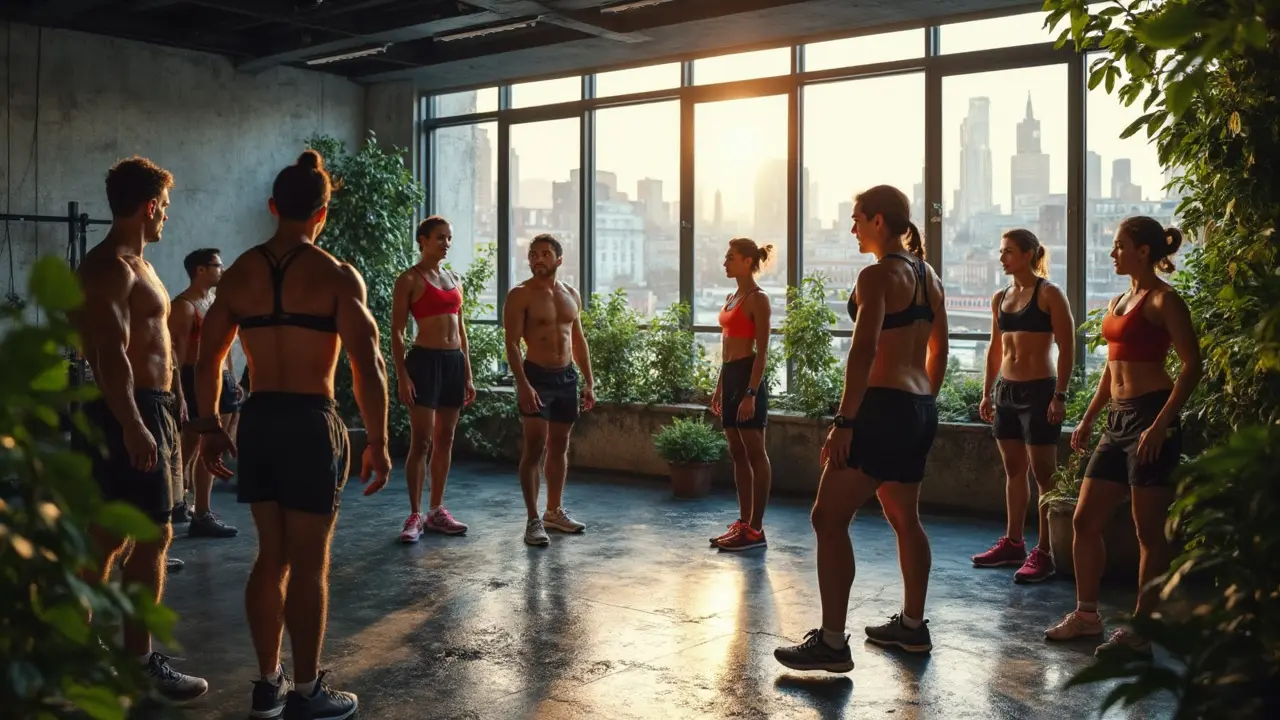You’ve probably walked past a few sports massage clinics in London and wondered, does this stuff really work or is it just another wellness trend? Here’s the thing—sports massage isn’t just for pro athletes or hardcore gym rats. More Londoners are adding it to their routine because it actually helps, whether you’re an office worker with stiff shoulders or someone running marathons on weekends.
People don’t just get sports massages after an injury. They get them to avoid problems before they start. Tight hamstrings, nagging aches, and even stress headaches can get worse if you ignore them. London’s packed schedule and fast pace mean your body doesn’t always get time to recover, and sports massage bridges that gap. Some clinics report a 30% jump in bookings after big city marathons and cycling events—so it’s not hype, it’s demand.
But not all massages are created equal. Sports massage is specifically targeted: therapists work on muscle groups you actually use, with pressure and techniques aimed at boosting recovery or flexibility. If you hit the gym a lot, or if you train for anything (yes, even Sunday league football counts), that targeted approach can mean bouncing back faster for your next session.
- Why Londoners Are Turning to Sports Massage
- Real Benefits for Active Lifestyles
- How to Choose the Right Therapist
- Myths and Must-Knows About Sports Massage
Why Londoners Are Turning to Sports Massage
The London fitness scene has exploded in the past five years. From early morning HIIT classes to after-work runs on the Thames and competitive amateur leagues filling parks every weekend, people here push themselves hard. But pushing your body means dealing with tightness, soreness, or full-on injuries. Old-school remedies like ice packs and generic rubdowns just don’t cut it for most folks anymore.
Sports massage London clinics have seen bookings rise, especially around major events like the London Marathon or RideLondon. According to Pure Sports Medicine, one of London’s well-known clinics, their appointments jump by nearly 30% in marathon season. This surge isn’t just from elite athletes—weekend warriors and desk-bound professionals are making up the difference.
| Group | Annual Injury Rate in London | Proportion Using Sports Massage |
|---|---|---|
| Amateur Runners | ~50% | 67% |
| Regular Gym-Goers | ~30% | 44% |
| Office Workers (active) | ~20% | 29% |
Numbers like these show a trend. People use sports massage not just to fix injuries, but to stay ahead of them. Between endless steps on the Tube, cycling commutes, and after-hours five-a-side games, bodies are getting worked harder than ever in the city. Massage helps manage regular wear and tear—before it turns into something that ruins your season or even just a busy week.
Busy Londoners love anything that fits into their already packed schedules. Sports massage offers practical solutions—shorter, targeted sessions you can squeeze in during a lunch break, flexible hours, and therapists with experience in your specific sport or activity. Want to keep performance up and downtime to a minimum? This is the insider move more are making.
Real Benefits for Active Lifestyles
If you’re into any form of exercise in London, whether it’s high-intensity interval classes, casual jogging, or CrossFit, you know how sore muscles and stiff joints can slow you down. That’s where sports massage London really steps up. It's designed for people who push their bodies—no matter their level.
Let’s get specific. Studies have shown that sports massage can help reduce delayed onset muscle soreness (DOMS), which is the pain you feel a day or two after working out. This means you can hit your next session with less discomfort. For runners and cyclists, sports massage helps improve circulation so muscles get the nutrients they need to repair quickly. Therapists use different techniques, including deep tissue pressure and stretching, to flush out lactic acid and boost flexibility.
One of the best-kept secrets is how much faster you bounce back from small injuries. A tight calf or a twinge in your back can linger for weeks if you ignore it. Regular sessions work on those problem spots directly. It’s not just about feeling good—countless clients say it’s stopped a minor niggle from turning into a proper injury. For gym-goers, lifting heavy weights or repetitive training puts a lot of strain on specific muscles, making focused massage a smart move.
- Boosts recovery: Massage helps repair muscle fibres by improving blood flow, so you get back to your workout routine quicker.
- Improves flexibility: Regular sessions loosen tight muscles, helping prevent strains and awkward pulls during sports and everyday movement.
- Prevents injury: Targeted work on trouble spots means you’re less likely to suffer overuse injuries, which are common in London’s active crowd.
- Relieves stress: It’s not just about muscles. Massage helps your nervous system chill out, naturally dropping stress hormones that build up after a long week.
If you’re serious about your active lifestyle and want to keep at it for the long haul, adding sports massage to your routine is honestly as important as gym shoes or a good water bottle. You don’t have to be an elite athlete to need some TLC—regular massage keeps you in the game, whatever game you play.

How to Choose the Right Therapist
Picking a sports massage therapist in London isn’t just about who’s closest or cheapest. The city has thousands of massage clinics, but the differences between a great session and a waste of money come down to training, real experience, and a bit of common sense.
First, check if the therapist is qualified. Look for someone who has qualifications like a Level 4 or Level 5 diploma in sports massage London or sports therapy. Bodies like the Sports Massage Association (SMA) and Federation of Holistic Therapists (FHT) are recognized in the city. If a therapist shrugs off proof of certification, that’s a bad sign.
- Ask about experience. Someone with experience treating marathon runners will know more about muscular recovery and injury prevention than someone who just does “pamper” massages.
- Check clinic cleanliness and reviews. London clinics are regularly inspected, but online reviews are honest about things like professionalism and results. Google and Treatwell are full of personal stories—these are gold.
- Communication matters. Good therapists ask about your routine, aches, and goals before they start. If they rush into it, you’re just another number.
You might be curious about therapist backgrounds and what patients in London look for most. Here’s some real data from a 2024 survey by London Fitness Journal:
| What People Value Most | Percentage |
|---|---|
| Qualifications & Certifications | 51% |
| Physical Experience in Sports | 23% |
| Clinic Location | 13% |
| Price | 9% |
| Other | 4% |
If you’ve got ongoing issues—chronic pain, old injuries, or just want a regular tune-up—book a short first session and see if the therapist listens and adapts. Great sports massage isn’t one-size-fits-all. Your body (and your money) deserves someone who treats it that way.
Myths and Must-Knows About Sports Massage
There’s a lot of talk around sports massage in London, but some of it’s just plain wrong. Let's bust a few common myths and highlight what you really need to know, especially if you’re thinking about booking your first session.
The biggest myth? That sports massage is just for athletes training at an elite level. Not true. People from all walks of life get sports massages—office workers dealing with back pain, cyclists who ride to work, or anyone dealing with soreness from daily life. The main thing is, if you move, you can benefit.
Another myth: “It always hurts.” Nope. Some techniques are deep, but a good therapist will adjust the pressure so you’re comfortable, not gritting your teeth. Communication is key—speak up during your session if something doesn’t feel right.
Ever heard that you should only get a massage if you’re already injured? That’s backwards. Regular sports massage is actually about prevention. Studies in London gyms found that people getting monthly treatments had fewer pulled muscles and nagging aches.
Now, here’s what you should really watch for when picking a sports massage London clinic:
- Check that your therapist is qualified and insured—most have diplomas in sports massage therapy, and you can usually see these hanging up in the clinic or listed on their profile.
- If you’re pregnant, have certain health issues, or recent injuries, always tell your therapist before the session starts.
- Drink water before and after your massage. Sounds simple, but it helps your muscles recover better and makes the whole session more effective.
On the flip side, don’t expect a single session to solve everything. Consistency pays off. Most people see the best results with regular appointments, whether that’s once a month or a few times per season if you’re training for something big.
In London, sports massage is more than just post-workout pampering. It's a legit, science-backed way to keep your body moving better—no matter how active you are.





